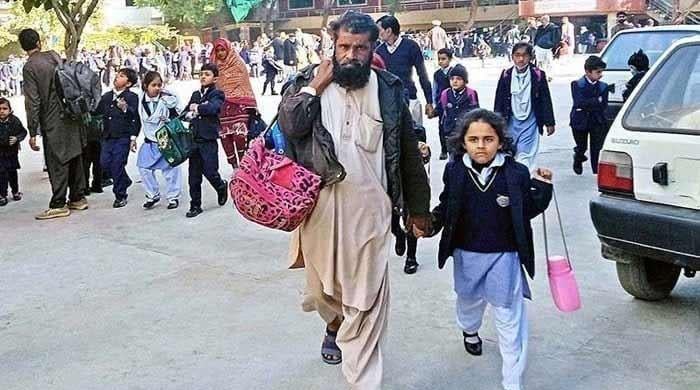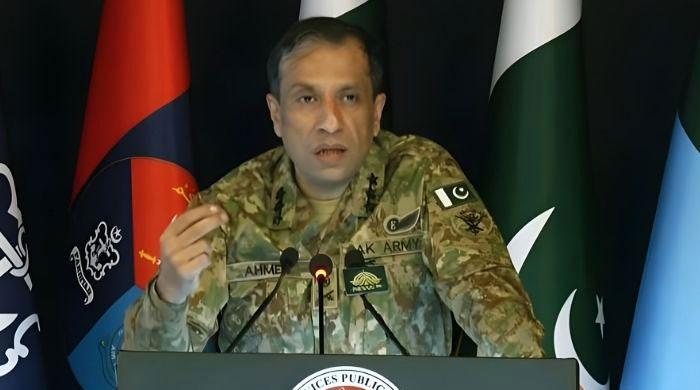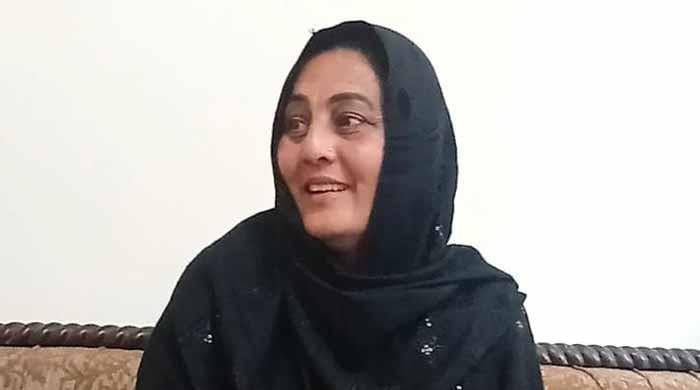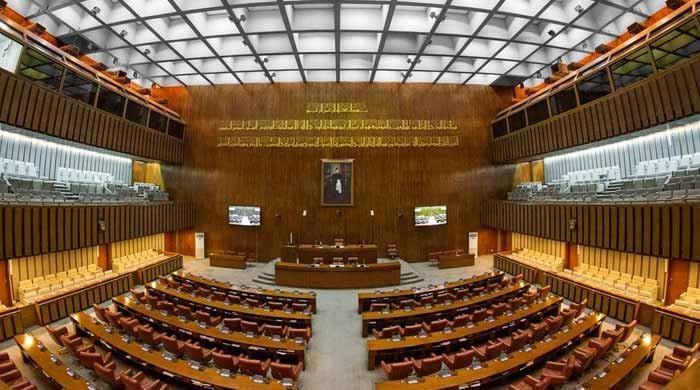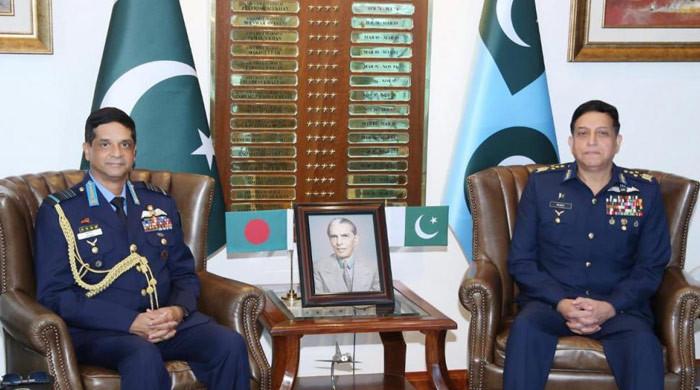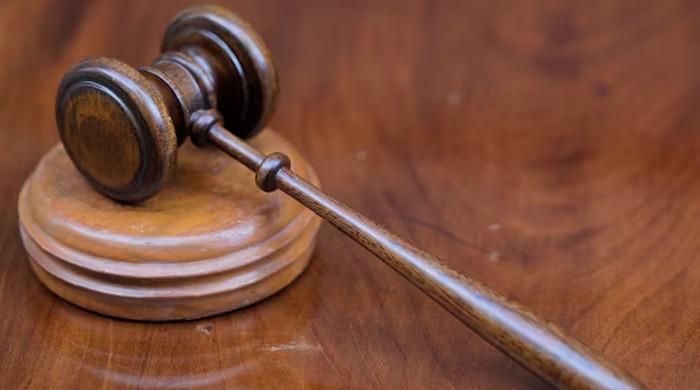BLOG: Finally buying a gun in Sindh, as difficult as getting a mobile SIM card
It was a warm Karachi day back in 2010, a fellow journalist friend had brought over some visiting foreign journalists over and we sat around talking about the prevailing gun culture in Pakistan,...
September 28, 2016
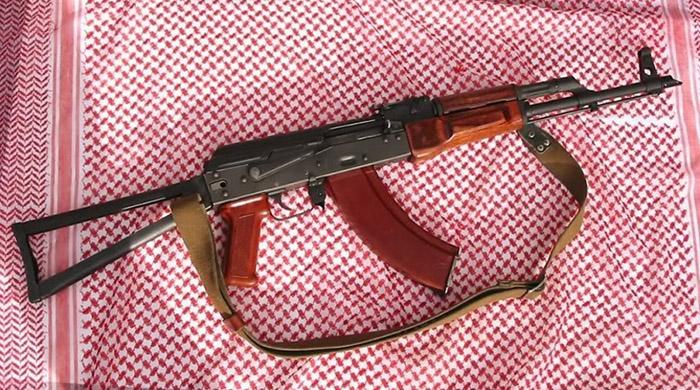
It was a warm Karachi day back in 2010, a fellow journalist friend had brought over some visiting foreign journalists over and we sat around talking about the prevailing gun culture in Pakistan, not just in the tribal areas but also in the urban metropolis of Karachi.
It was hard for the visitors to believe that ordering an assault rifle from an illegal dealer worked just like ordering a pizza delivery. You could over a phone call, negotiate the approximate price, the dealer would arrive with at least two variants in tow and depending on your negotiating skills you could easily buy an assault rifle, a few magazines and anywhere between 100 to 200 rounds of live ammunition all for under 200USD.
I had seen it happen many times, the dealer would arrive with a manual device to engrave an existing license number onto the weapon (if the buyer had one, authenticity of the license was never discussed).
The foreign journalists having never seen something like this with their own eyes were skeptical, it was obvious. For those reading this, familiar with how things were this account is not only believable but likely something they too have witnessed themselves.
The Sindh government on Wednesday passed amendments to the Sindh Arms Act 2013 which are to be enforceable immediately, making the procurement of arms not only more difficult than ordering a pizza but almost as difficult as getting a mobile SIM card.
The new law demands that an arms dealer will be required to obtain thumb impressions of the purchaser linked with the National Database Registration Authority (NADRA). The purchaser will be required to present his CNIC and submit relevant documents to the arms dealer before the sale is made.
Additionally, post sale the weapons dealer will retain two fired shells of the sold weapon and will submit the same to a forensic lab where the ballistic fingerprints will be retained in the records.
While this amendment is welcomed and appreciated by law abiding gun owners and those sections of society who advocate stricter gun control laws, it remains unclear how this will affect the illicit arms present in the city and the province.
I am almost certain that the weapons being used by criminals on the street’s of Karachi are not licensed weapons, they are mostly unreliable local made knockoffs that may or may not fire accurately – talking from a sporting perspective – and surely were not purchased from a licensed arms dealer, but that is the last thought which goes through ones head when facing the wrong end of the barrel and being ordered to hand over valuables or face the risk of being shot, like many before them.
Most of the illegal arms available in Karachi and the province by and large come from the northern areas. Smuggled in trucks, busses and whatever other mode of transportation the traders can hide the weapons in. Yes mostly they come from Darra Adam Khel, where the craftsmen can produce anything from an AK-47 knockoff, to a Glock, Beretta and the more popular (and cheaper) Tokarev knockoff pistols more commonly known as the TT pistol.
As a gun enthusiast, I welcome the amendment.
However, I am not sure how it will help reduce crime in Sindh. Will this somehow magically eliminate the presence of illegal arms in Karachi? Will the police be able to verify whether a pistol that bears the number matching the license and their records is actually the weapon for which they have ballistic samples for? Will it make my city safer?
Do not confuse this rant to be against the amendment, I wholeheartedly support stricter gun laws. I am glad that procuring a gun has become more difficult than ordering a pizza and is finally as regulated as getting a mobile SIM card.
So congratulations to Sharmila Farooqi, Nisar Khuhro and Murtaza Wahab for something that I hope the rest of Pakistan will also take cues from; I hope going forward the steps taken today will help make my city safer, though like the visiting foreign journalists from 2010 I am a little skeptical.
The views expressed in this blog are those of the author, and do not reflect the official policy or position of Geo News, The News or the Jang Group.
Ovais Jafar is a Multimedia Journalist, he tweets as @ovaisjafar




